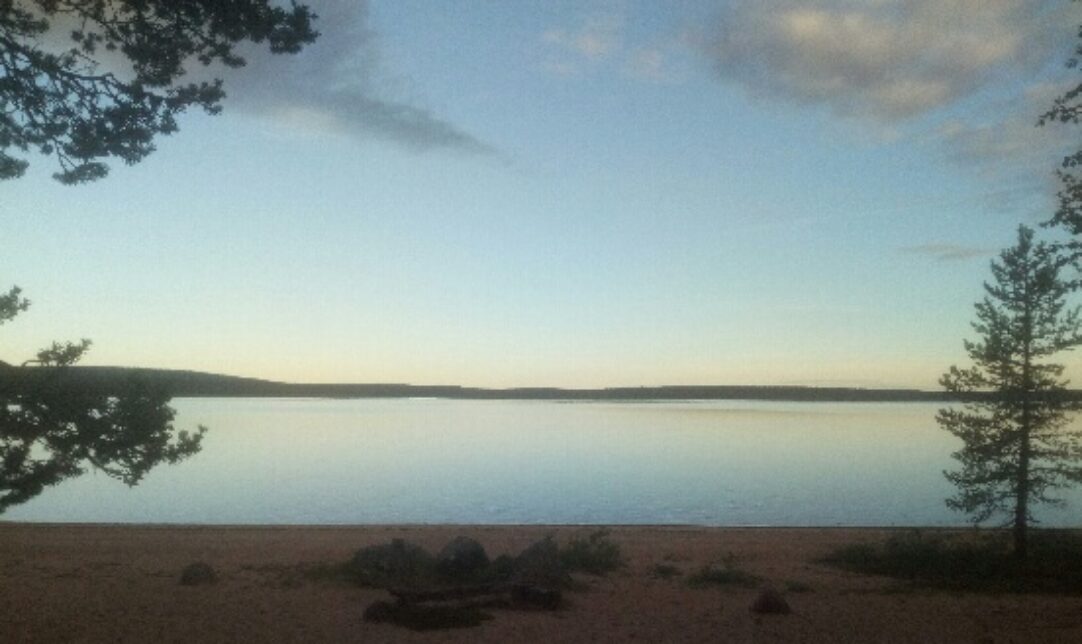“COVID-19 is devastating indigenous communities worldwide, and it’s not only about health” – UN expert warns
GENEVA (18 May 2020) – The new UN Special Rapporteur on the rights of indigenous peoples, José Francisco Cali Tzay, today expressed serious concerns over the devastating impact the COVID-19 pandemic is having on indigenous peoples beyond the health threat.
“I am receiving more reports every day from all corners of the globe about how indigenous communities are affected by the COVID-19 pandemic, and it deeply worries me to see it is not always about health issues.
States of emergency are exacerbating the marginalisation of indigenous communities, and in the most extreme situations, militarisation of their territories is taking place.
Indigenous peoples are being denied their freedom of expression and association, while business interests are invading and destroying their lands, territories and resources.
In some countries, consultations with indigenous peoples and also environmental impact assessments are being abruptly suspended in order to force through megaprojects relating to agribusiness, mining, dams and infrastructure.
Indigenous peoples who lose their lands and livelihoods are pushed further into poverty, higher rates of malnutrition, lack of access to clean water and sanitation, as well as exclusion from medical services, which in turn renders them particularly vulnerable to the disease.
But in the face and in the midst of such threats, the indigenous communities that have managed to best resist the COVID-19 pandemic are those that have achieved autonomy and self-government, which allows them to manage their lands, territories and resources, ensure food security through their traditional crops and traditional medicine.
Now, more than ever, Governments worldwide should support indigenous peoples to implement their own plans to protect their communities and participate in the elaboration of nationwide initiatives to ensure these do not discriminate against them.
States must ensure that indigenous peoples have access to information about COVID-19 in their languages and urgent special measures need to be taken to ensure availability and access to culturally appropriate medical services. It is a major challenge that public health facilities are often scarce in indigenous communities.
The rights to development, self-determination and lands, territories and resources must be ensured in order for indigenous peoples to manage these times of crisis and to advance the worldwide goals of sustained development and environmental protection.
The pandemic is teaching us that we need to change: we need to value the collective over the individual and build inclusive societies that respect and protect everyone. It is not only about protecting our health.”
ENDS
Read more at: https://www.ohchr.org/EN/NewsEvents/Pages/DisplayNews.aspx?NewsID=25893&LangID=E
